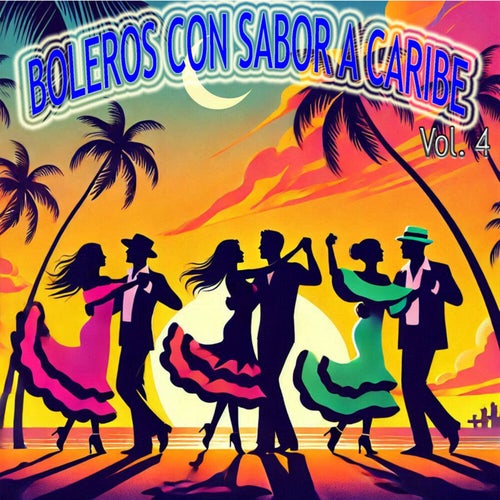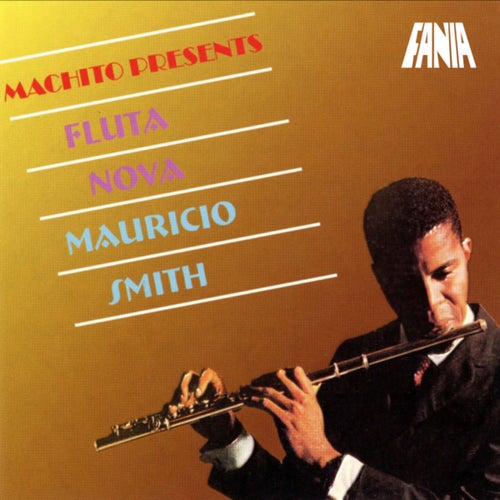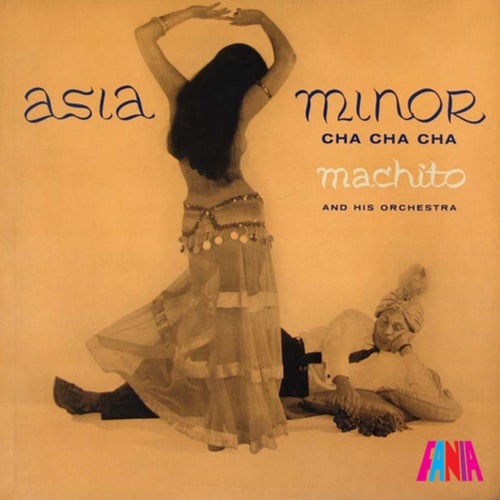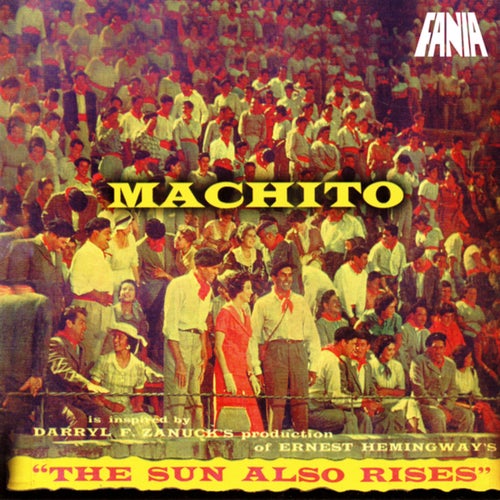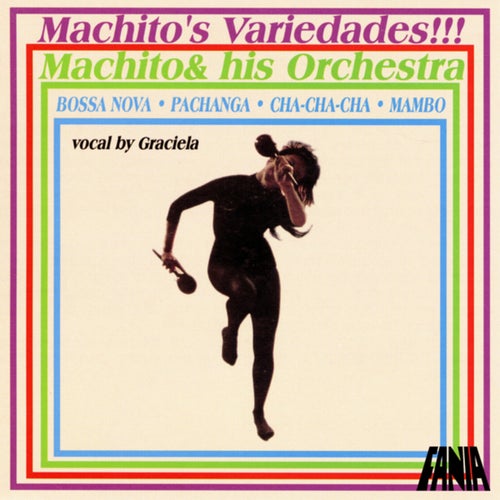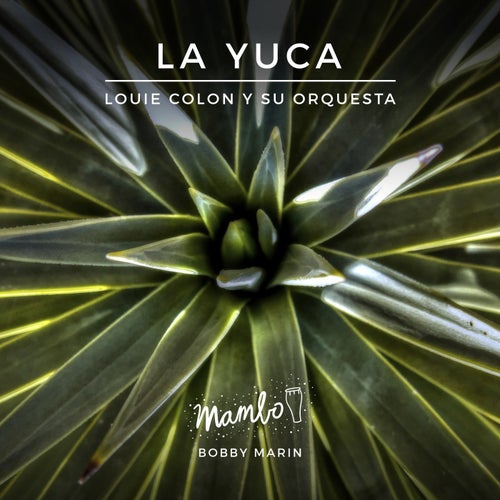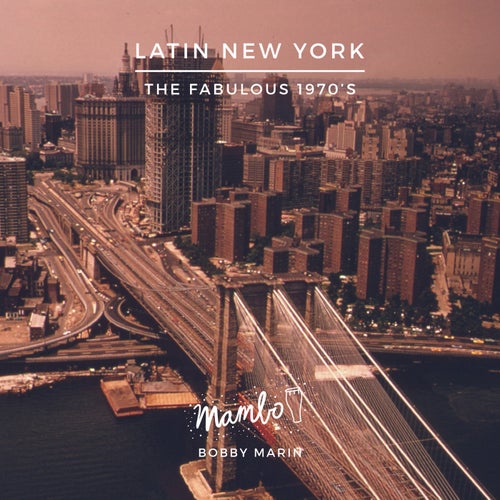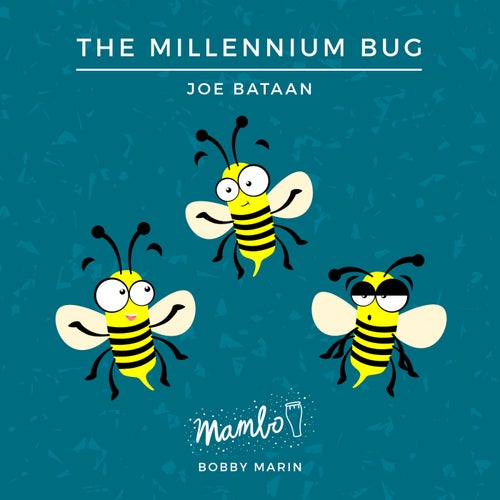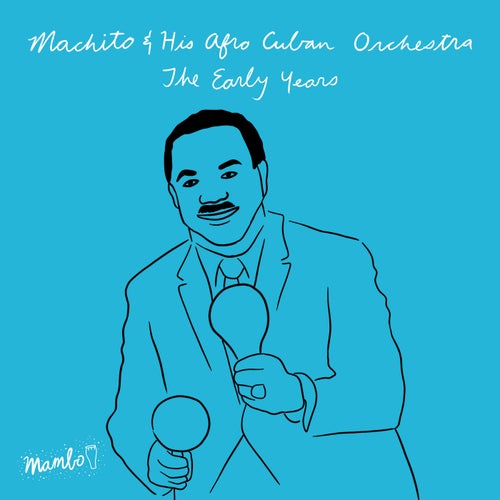
1 Track
January 1, 2008
Mambo Music
"Macho" moved to New York City in 1937 as a vocalist with "Las Estrellas Habaneras" (Havanan Stars). He worked with several Latin artists and orchestras in the late 1930s, recording with Conjunto Moderno, Cuarteto Caney, Orchestra Siboney, and the bandleader Xavier Cugat. After an earlier attempt to launch a band with Mario Bauzá, in 1940 he founded the Afro-Cubans, and conducted their first rehearsal on December 3 at the Park Palace Ballroom located at W. 110th Street in Harlem. A big band-style brass section with trumpets and saxes was backed by a trap drum, piano, bass and a Cuban bongo. Several weeks later, in early January of 1941, Machito took on Bauza as musical director; a role he kept for 34 years. Bauza also played trumpet and alto saxophone. The band had an early hit with "Sopa de Pichon" in 1941. Its title is slang for "pigeon soup", a Puerto Rican joke about nearly starving as an immigrant in New York. Machito and the Afro-Cubans, were among the first to fuse Afro-Cuban rhythms with jazz improvisation and big band arrangements. Machito was the front man and maraca player of the Afro Cubans, while Bauza determined the character of the band as musical director. Bauza, Machito's brother-in-law from his marriage to Machito's sister Estela, hired jazz-oriented arrangers and musicians to replace the band's founding member and original arranger, Joseph "Pin" Madera, who had been drafted into the U.S. Military and served in World War II. As a result, Machito's music greatly inspired such North American jazz giants as Dizzy Gillespie, Charlie Parker and Stan Kenton. One of the most famous performances of the Kenton band is an idiomatic Afro-Cuban number known as "Machito," composed by Stan Kenton with Pete Rugolo and released as a Capitol 78 in 1947. Machito and Graciela in 1947 In April 1943 during World War II, Machito was drafted into the United States Army. After a few months of training, he suffered a leg injury and was discharged in October. Earlier, anticipating a long absence of the band's leader, Bauza had sent for Machito's younger foster sister Graciela, who traveled to New York from Havana where she had been touring with El Trio Garcia, and singing lead with the all-female Orquesta Anacaona. Graciela served as the lead singer of the Afro-Cubans for a year before Machito returned to front the band. Graciela stayed on—at performances, the two singers alternated solo songs and created duets such as "Si Si No No" and "La Paella". Adding to the percussion, Graciela played claves alongside Machito's maracas.
Mambo Music
"Macho" moved to New York City in 1937 as a vocalist with "Las Estrellas Habaneras" (Havanan Stars). He worked with several Latin artists and orchestras in the late 1930s, recording with Conjunto Moderno, Cuarteto Caney, Orchestra Siboney, and the bandleader Xavier Cugat. After an earlier attempt to launch a band with Mario Bauzá, in 1940 he founded the Afro-Cubans, and conducted their first rehearsal on December 3 at the Park Palace Ballroom located at W. 110th Street in Harlem. A big band-style brass section with trumpets and saxes was backed by a trap drum, piano, bass and a Cuban bongo. Several weeks later, in early January of 1941, Machito took on Bauza as musical director; a role he kept for 34 years. Bauza also played trumpet and alto saxophone. The band had an early hit with "Sopa de Pichon" in 1941. Its title is slang for "pigeon soup", a Puerto Rican joke about nearly starving as an immigrant in New York. Machito and the Afro-Cubans, were among the first to fuse Afro-Cuban rhythms with jazz improvisation and big band arrangements. Machito was the front man and maraca player of the Afro Cubans, while Bauza determined the character of the band as musical director. Bauza, Machito's brother-in-law from his marriage to Machito's sister Estela, hired jazz-oriented arrangers and musicians to replace the band's founding member and original arranger, Joseph "Pin" Madera, who had been drafted into the U.S. Military and served in World War II. As a result, Machito's music greatly inspired such North American jazz giants as Dizzy Gillespie, Charlie Parker and Stan Kenton. One of the most famous performances of the Kenton band is an idiomatic Afro-Cuban number known as "Machito," composed by Stan Kenton with Pete Rugolo and released as a Capitol 78 in 1947. Machito and Graciela in 1947 In April 1943 during World War II, Machito was drafted into the United States Army. After a few months of training, he suffered a leg injury and was discharged in October. Earlier, anticipating a long absence of the band's leader, Bauza had sent for Machito's younger foster sister Graciela, who traveled to New York from Havana where she had been touring with El Trio Garcia, and singing lead with the all-female Orquesta Anacaona. Graciela served as the lead singer of the Afro-Cubans for a year before Machito returned to front the band. Graciela stayed on—at performances, the two singers alternated solo songs and created duets such as "Si Si No No" and "La Paella". Adding to the percussion, Graciela played claves alongside Machito's maracas.
Release
Machito's Early Years
Track Name
Artist
BPM
Key
Time
Genre
Label
Release Date
Tracks
1
93 BPM
Gb Major
7:02
2008-01-01
Add to playlist
Create a playlist
Add to cart $1.29
Add to hold bin
